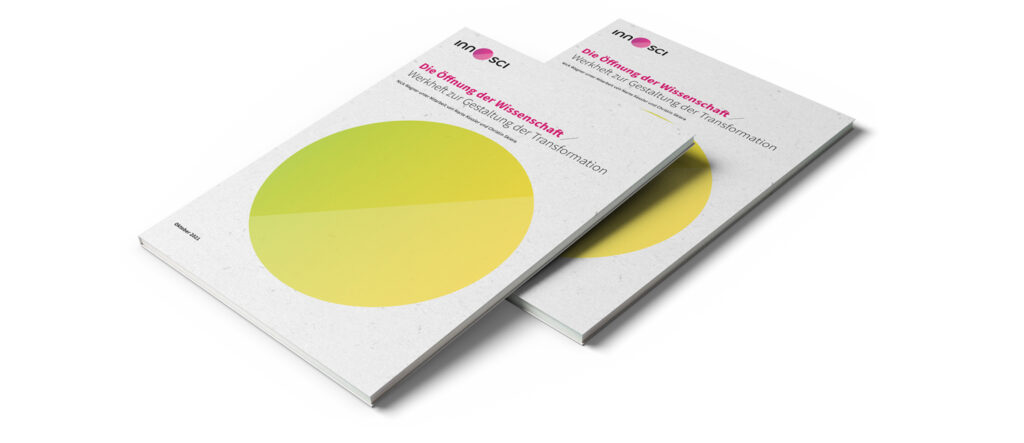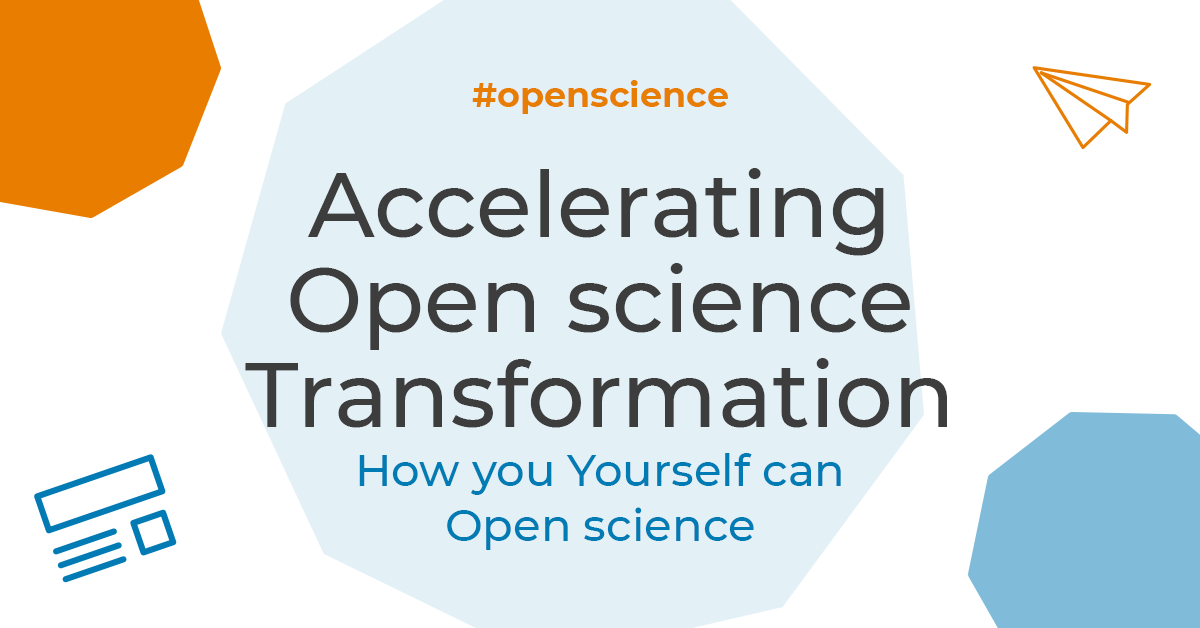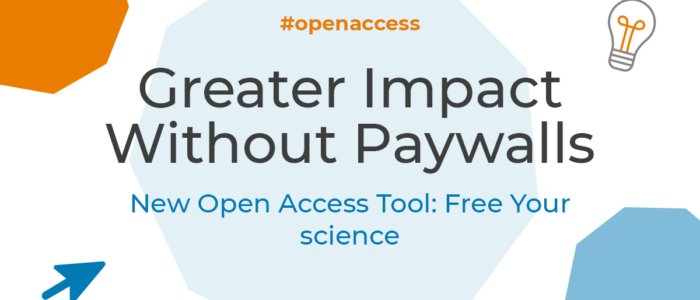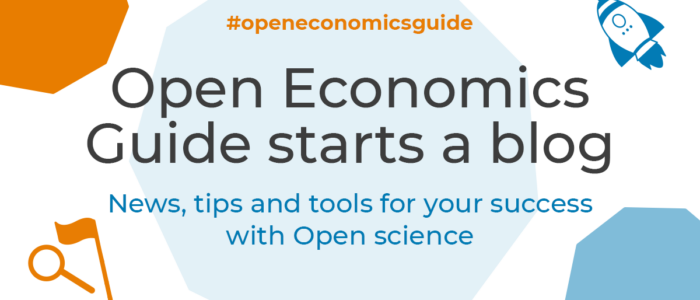The transformation to Open Science often seems cumbersome. Why can be explained by the concept of "Wicked Problems" described in a recently published workbook. Read here what hurdles are mentioned and how you as a researcher can accelerate the transformation.
In mid-November 2021, innOsci (German) – the Stifterverband's Forum for Open Innovation Culture, which was founded two years ago – published an interesting workbook entitled „Die Öffnung der Wissenschaft / Werkheft zur Gestaltung der Transformation“ (German; "The Opening of Science. Workbook on structuring the transformation"). The publication focuses on methods that can promote the opening of science. After all, there are hurdles, so many in fact, that innOsci here introduces the concept of "Wicked Problems" as a framework for consideration in the discussion.

Establishing Open Science workflows is accompanied by complexity that should not be underestimated and that can pose challenges to organisations and the entire science system: Sometimes there is disagreement about problem causes, and every now and then a dispute breaks out about the best way to solve the problem. To drive systemic change within science, a broad alliance of the various responsible stakeholders is needed. A common understanding of the concept of "Wicked Problems" can sharpen the focus on challenges and finding solutions.
Behavioural change as the key to solving Wicked Problems
Behavioural change is essential in dealing with "Wicked Problems," especially as Open Science challenges traditional practices of working and established cultures. Barriers to Open Science identified in the workbook include for example traditional norms and processes, hierarchies that hinder change, a high time commitment to learning and embedding open practices, and having research quality and community engagement insufficiently taken into account in scientific careers.
How you yourself can contribute to opening up science
The workbook lists three concrete suggestions on how you, as a researcher, can inform within your institution about the topic of Open Science and provide your colleagues with a small motivational boost for Open Science:

Make other researchers and students aware of Open Science practices
If you want to get others excited about Open Science, the best starting point is the field of Open Access. Start with yourself, adopt Open Access practices into your everyday research if you are not already doing so, and share your experiences with others. Both students and expert colleagues can benefit massively from Open Access to literature.
You could show students how to specifically search for Open Access literature and how to install the Open Access Button, for example. You could also design your teaching so that students try out various open practices for themselves, for example by asking them to try to make their own work available in Open Access. In addition, students could also try to replicate a research paper or make their own work replicable.
To other researchers, you could promote publishing in Open Access journals and also act as a role model by publishing there yourself and practicing self-archiving in repositories.

Learn about funding opportunities for Open Science
You can also find information on funding opportunities for Open Science in the Open Economics Guide. Namely, you will find information there on the attitude of research funding institutions to Open Science, on the costs of Open Access and on funding opportunities, and also on the requirements of funding bodies with regard to Open Data.

Promote Open Practices in committees and subject communities
Within committees, working groups and specialist communities, you can promote the use of Open Data and Open Access practices and act as a role model if you use them yourself. You can achieve a further signal effect by participating in the Peer Review of Open Access journals.
When working in committees and specialist communities, you can also point to the major overlap between good scientific practice and Open Science, or to the fact that Open Science is seen as a way of bringing good scientific practice into the digital age. Thus, Open Science can be seen as a concrete toolbox for increasing the reliability and integrity of research.
Background information and support for opening science
The Open Economics Guide also provides useful background information on Open Science practices that can help you make your colleagues and students aware of them. The Guide was created to support you in your Open Science practices. It summarizes, among other things, training https://openeconomics.zbw.eu/knowledgebase/trainingsmoeglichkeiten-fuer-open-science/?cat=52 and support https://openeconomics.zbw.eu/knowledgebase/unterstuetzungsmoeglichkeiten-fuer-open-science/?cat=52 opportunities for Open Science.

To make others aware of Open Science, it might also be helpful if you look at the individual benefits of Open Science, of Open Access, and of Open Data.
Another tip: Subscribe to the Open Economics Guide newsletter updates to stay up to date on new blogposts!


